Surrounded by the Pacific Ocean, New Zealand is comprised of 2 island land masses, the North and South Islands. Australia is 1250 miles southeast and to the north are New Caledonia, Fiji and Tonga. Due to relative isolation the country has bird and plant life that are indigenous to the area. The islands were settled by Polynesians somewhere around 1250-1300 AD, though some believe they may have arrived as early as 50-150 AD.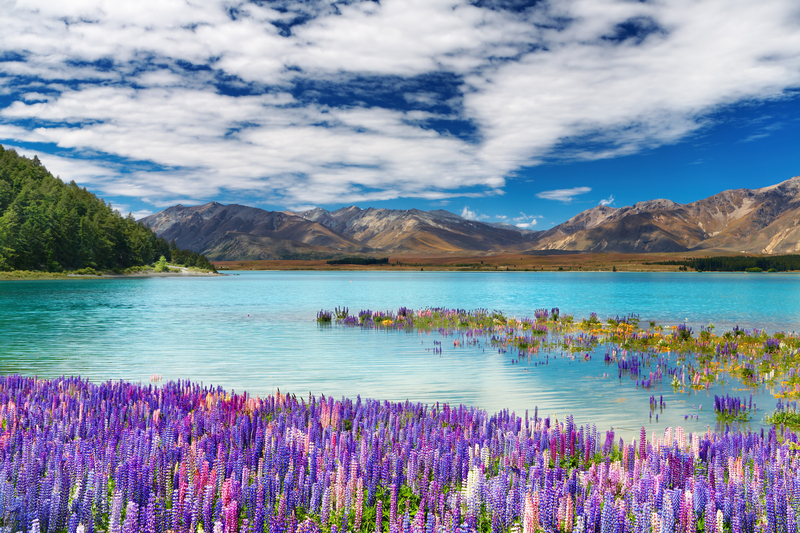
The Dutch explorer Abel Tasman discovered the islands in 1642. He called them Staten Landt, assuming they were part of South America. Several of Tasman’s crew were killed by native Maori so the expedition fled and Europeans did not return until James Cook’s arrival. Later Dutch cartographers called the islands Nova Zeelandia which Cook converted to New Zealand. Cook mapped almost the entire coastline in 1769. After this expedition numerous European and North American whaling, sealing and other trade vessels visited. Potatoes and muskets changed Maori culture. Christian missionaries arrived and quickly converted most of the native peoples.
The British government appointed William Hobson to claim the land and establish a treaty with the Maori in 1840, as the French were becoming interested in the islands. The Treaty of Waitangi was officially signed on February 6, 1840. The treaty remains this day as a foundation of New Zealand as a nation and protects the rights of the Maori people.
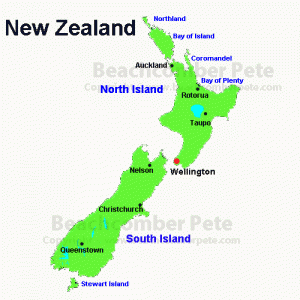 New Zealand was originally considered a part of New South Wales (Australia) and the capital was established in Auckland in 1841. The native peoples welcomed the settlers and the trade industry as it increased their wealth. Confrontations soon erupted as the Maori were loosing land and the New Zealand Land Wars raged in the 1860’s and 1870’s.
New Zealand was originally considered a part of New South Wales (Australia) and the capital was established in Auckland in 1841. The native peoples welcomed the settlers and the trade industry as it increased their wealth. Confrontations soon erupted as the Maori were loosing land and the New Zealand Land Wars raged in the 1860’s and 1870’s.
The colony formed a representative government in 1852 when the UK passed the New Zealand Constitution Act. In 1856 they became self governing and in 1897 became the first nation to grant women the right to vote. New Zealand became a Dominion in 1907 and an independent Commonwealth in 1947. The Great Depression brought about the first labor government and established a comprehensive welfare state and a protective economy. The country continued to be a member of Great Britain, fighting with them in the Boer War, WWI and WWII.
The South Island is larger and is divided longitudinally by the Southern Alps. The North Island is less mountainous but has active volcanoes. Getting around the two islands is pretty easy with a Car Hire New Zealand. Climates range from extremely wet and subtropical to extremely dry and arid. Temperatures range from 32 degrees F to 86 degrees F. The varied landscape has allowed the country to be a popular location for filming TV programs and films. Lord of the Rings Trilogy and The Last Samurai were filmed in New Zealand.
A population of 4.3 million is 73% European. English is spoken by 98% of the people and Maori and Samoan are fractionally next. There is a very little amount of French, Hindi, Yue and North Chinese spoken. Major cities include Auckland, Taupo, Christchurch, Nelson and Queenstown. New Zealand is a relatively young country and besides the breathtaking scenery many cathedrals and historic places can be visited. The Bridge of Remembrance honors war veterans and Waitangi is the sight of the first settlement and displays historic Maori culture.
>
|
New Zealand |
|||
|
|
|
||

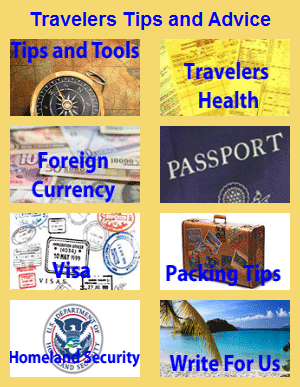

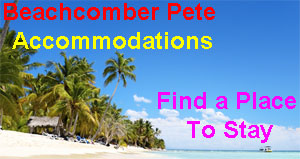

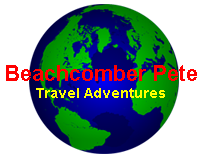
Speak Your Mind